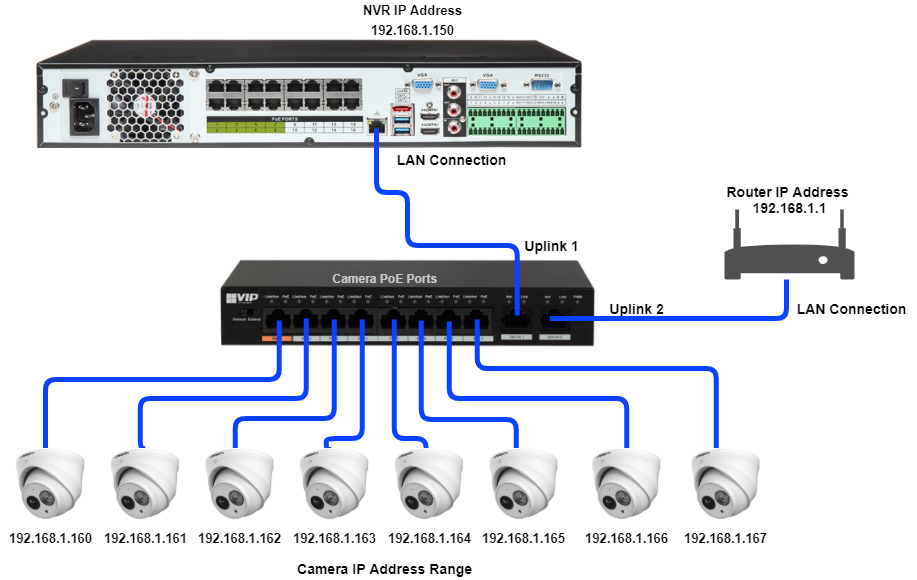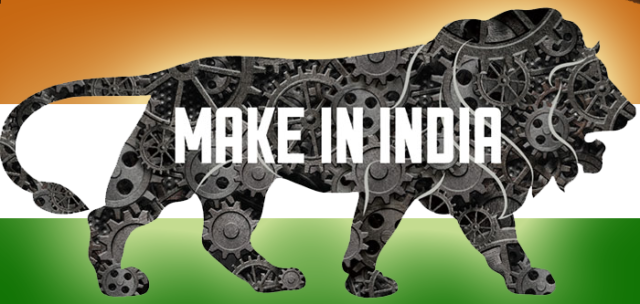WHAT’S THE PURPOSE OF THIS DOCUMENT?
As we are committed to provide the safety of our client, client’s staff, Client’s Property and visitors. The purpose of this document is to set out how the CCTV system will be managed and used by the Company and to inform individuals, whose personal data may be captured on the CCTV system, about how and why that personal data may be processed by the Company.
In India, the use of CCTV cameras is governed by a combination of existing privacy laws, guidelines issued by regulatory bodies, and various court rulings. Here are some key points regarding privacy laws related to CCTV surveillance in India:

- Right to Privacy
- In 2017, the Supreme Court of India recognized the right to privacy as a fundamental right under Article 21 of the Constitution. This ruling impacts how surveillance, including the use of CCTV cameras, is approached in terms of individual privacy.
- Personal Data Protection Bill
- As of my last update, the Personal Data Protection Bill was under discussion. This bill aims to regulate the processing of personal data, which could include data captured by CCTV cameras. If enacted, it would require entities to obtain consent for data collection and provide transparency regarding data usage.
- Guidelines by Authorities
- The Ministry of Home Affairs and other government bodies have issued guidelines regarding the installation and use of CCTV cameras, especially in public spaces. These guidelines typically stress the need for:
- Purpose Limitation: Cameras should be installed for specific, legitimate purposes (e.g., security).
- Data Minimization: Only the necessary amount of data should be collected.
- Retention Period: Guidelines often recommend limiting the duration for which footage is stored.
- Local Regulations
- Various states and municipalities may have their own regulations governing CCTV use, which can include requirements for signage, notifications, and data protection measures.
- Legal Compliance
- Businesses and organizations using CCTV must comply with applicable laws, including those related to labor and employment, as well as any sector-specific regulations (e.g., for schools, hospitals).
- Judicial Oversight
- Courts have ruled on the legality of surveillance practices, emphasizing that excessive or intrusive surveillance may violate the right to privacy.
- Public Awareness and Consent
- There is an ongoing discussion about the need for public awareness regarding surveillance practices and the importance of obtaining consent from individuals who may be recorded.

Conclusion
While there are no comprehensive laws specifically dedicated to CCTV cameras in India, the legal framework surrounding privacy is evolving. Organizations using CCTV should stay informed about both national and local regulations, ensure compliance with privacy rights, and implement best practices for data protection.

